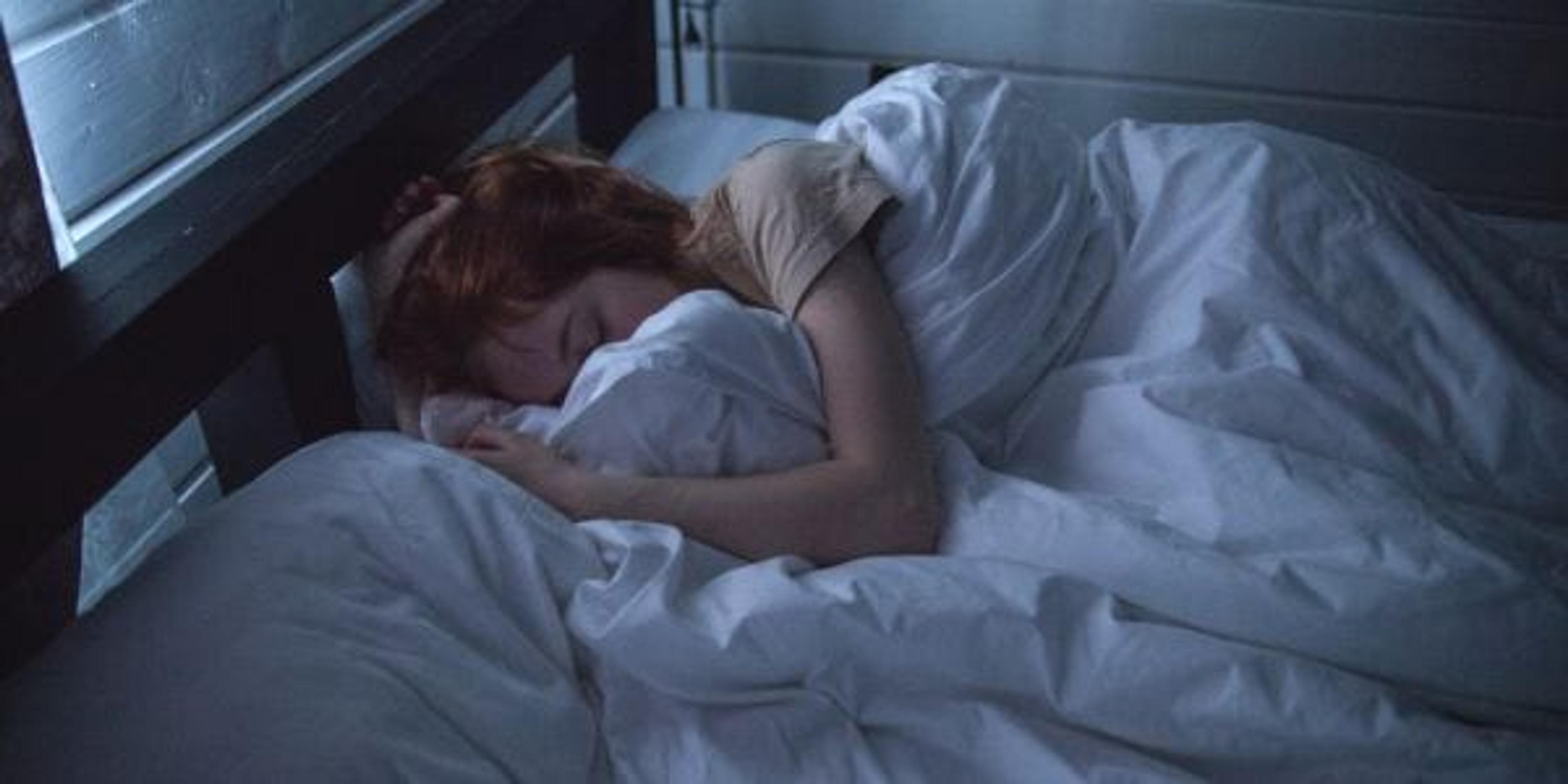Dreaming of a Good Night’s Sleep? You May Have Sleep Deprivation

Jillian Berndtson
| 2 min read

Are you constantly tired? You’re not alone. A study by the American Sleep Association reported more than 35 percent of adults are getting less than the recommended seven hours of sleep each day.
While it may not seem like a big deal, sleep is actually crucial to make sure your body functions correctly and stays healthy. Your brain needs sleep to improve mental health, regulate mood and improve concentration. Lack of sleep can also lead to obesity and increase your risk of developing heart disease. Not getting enough sleep weakens your immune system, greatly increasing your chances of getting sick.
You may be sleep deprived if you:
- Consistently sleep less than the recommended amount for your age. Everyone has occasional nights where they don’t get their recommended dose of sleep, but the problem occurs when lack of sleep becomes habit.
- Have difficulty concentrating, remembering or making decisions. Sleep affects higher-level brain functions, making daily tasks more difficult. This can show in work efficiency, driving, school work and answering questions.
- Are more emotional than usual. Sleep deprivation leads to worsened moods and a lower ability to regulate those moods.
- Get sick often. Sleep is crucial for immune system functions.
- Are having skin problems. While you’re sleeping, your body produces collagen, which contributes to healthy skin. If you aren’t sleeping enough, collagen production decreases, which can cause acne.
If you believe you are sleep deprived, the only way to cure it and combat its effects are to increase the hours of sleep you get each night. Fortunately, there are many tips to help you fall asleep and stay asleep. It is best to find the source of your sleep problems and take the necessary steps to reduce or eliminate the barrier.
If you still can’t find relief, you may be suffering from a sleep disorder such as insomnia or sleep apnea. Consult your doctor to find the proper treatment for you.
What’s your best tip for getting a good night’s sleep? Share it with us in the comments.
You may also like:
Photo credit: Pexels





